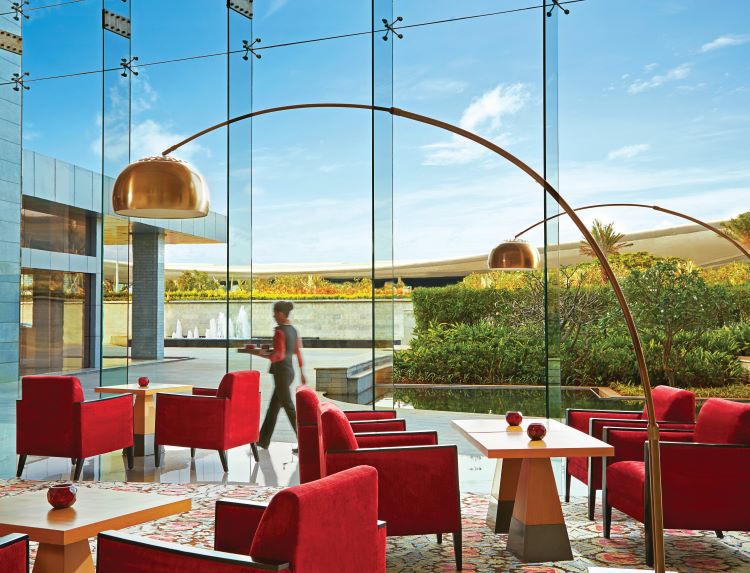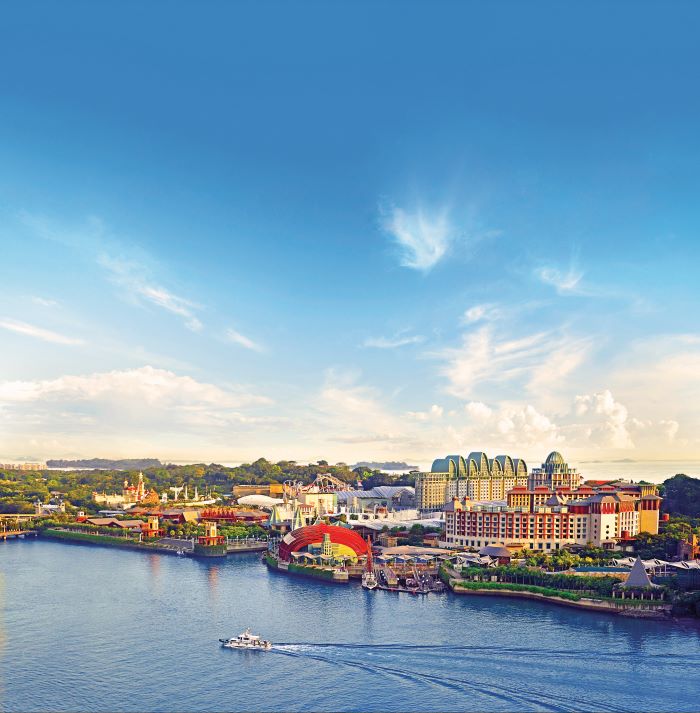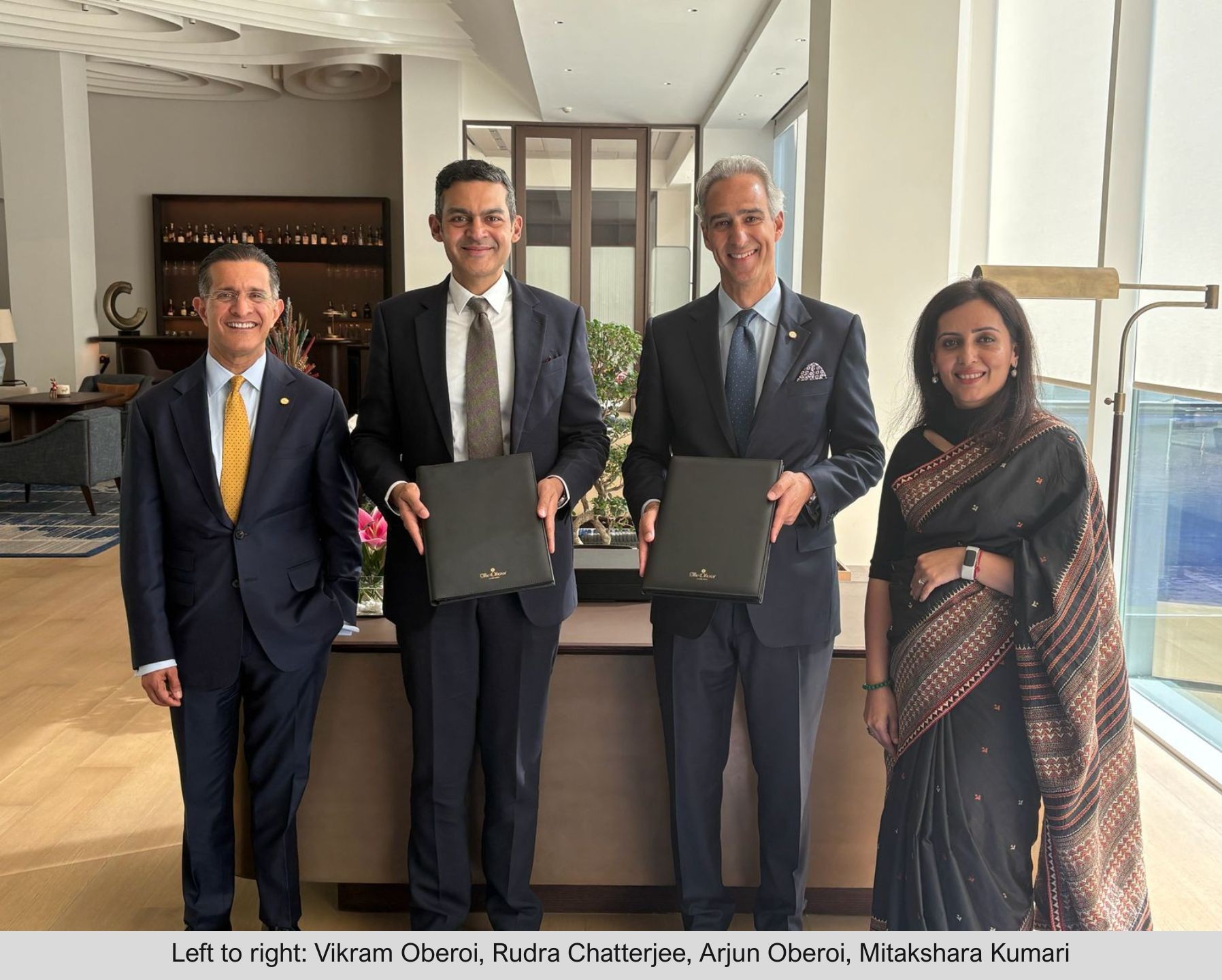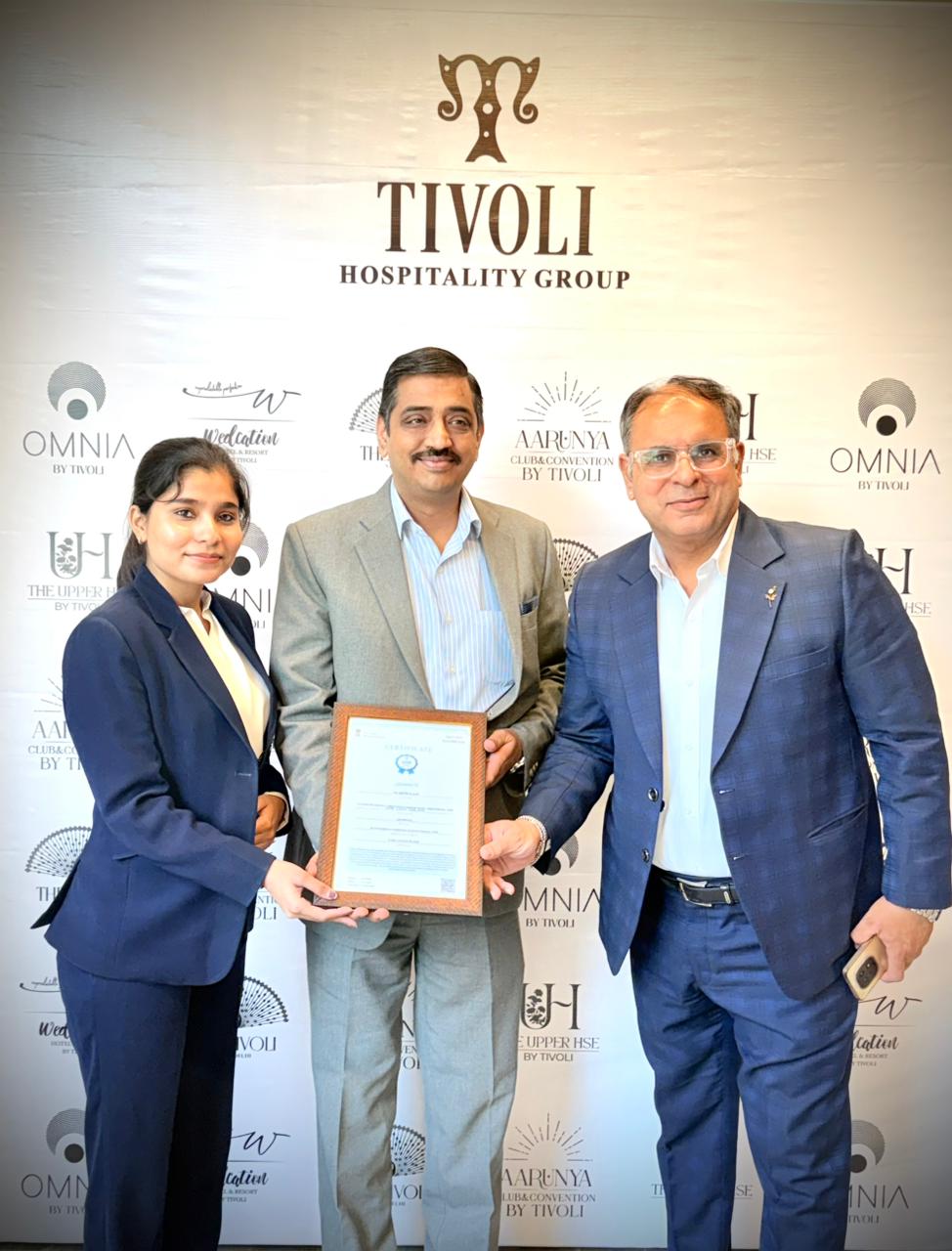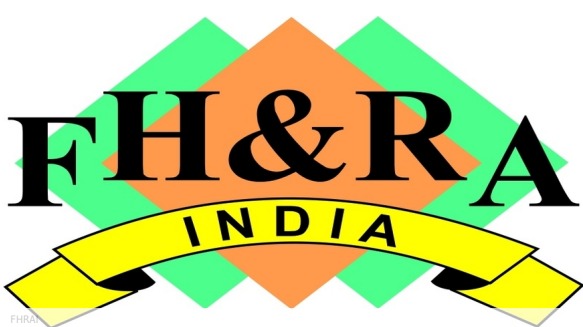Hospitality industry is witnessing dynamic hiring trends influenced by seasonal fluctuations and global events, emphasizing the need for flexibility.
Sakshi Singh
Tourism and allied sectors such as hospitality make up around 3 per cent of India’s GDP. For perspective, the share of tourism in France’s GDP is 8 per cent and for Thailand the figure is 18 per cent. India has substantial progress to make, but the recent trend indicates positive developments in the sector. The rise in domestic travellers and the changing global tourism scenario after COVID is creating a robust demand for jobs in the hospitality sector. While the growing number of job opportunities is positive for the many individuals aspiring to work in hospitality, it is crucial to grasp the intricacies of this demand.
According to TeamLease, the industry’s employment landscape has been equally dynamic, marked by a notable increase in apprentice and trainee recruitment. It has soared by 54 per cent CAGR over the past two years. This period has seen a staggering 271 per cent rise in overall hiring within the hospitality sector. The resurgence of tourism has played a pivotal role in this employment boom, with food & beverage (F&B) roles experiencing a 37 per cent increase, housekeeping positions rising by 22 per cent, and more specialized, higher-level positions witnessing an 8 to 10 per cent upturn.
The sector’s job market is highly dynamic, with the number of CVs received fluctuating in response to various factors. “The specific volume of CVs can vary based on several factors, including the region, time of year, and global events impacting travel and tourism,” said Vijay E. Gaikwad, Director, Human Resources, Meluha The Fern An Ecotel Hotel.
He pointed out, “For instance, during peak travel seasons, there is a surge in job applications, while external factors such as economic downturns can lead to a reduction in the number of applicants.”
Hotels require skilled employees in most departments ranging from front of house, housekeeping, culinary, and administrative roles. The diversity in job roles reflects the multi-faceted nature of hospitality services, which require a wide range of skills and expertise to cater to the diverse needs of guests. Some departments, however, are witnessing faster growth and need a higher quantity of people.
A decade ago, people could expect to get hired with little specific skillset and learn on the job. Times have changed presently, and managers are looking for well-rounded individuals who can contribute to various aspects of hospitality services. “HR is looking for a variety of skills when a person is interviewed. The first and foremost requirement is his/her proficiency in the field for which he/she is being considered. For instance, if he/she is looking for a front office position, he/she needs to have an idea about the same,” Gaikwad said. Similar requirements were highlighted by Dsilva. “The hotels are actively seeking candidates with honed skills specific to each department, a results-oriented approach, and stability,” Dsilva explained.
Despite upbeat sentiments, a critical challenge, staring the hospitality sector in the face, is the gap between academic training and industry requirements. Industry experts suggest college graduates need to gain a level of industry know-how along with a suite of soft skills to be ready for the hospitality sector. “In my perspective, most college students lack commitment, communication skills, and a solid understanding of the code of conduct, which they should address before attending a job interview,” Dsilva said.
“In peak travel seasons, job applications increase, while economic downturns are likely to decrease the number of applicants.”
Vijay E Gaikwad, Director, HR, Meluha The Fern An Ecotel Hotel
Most college students lack commitment and communication skills, crucial for job interviews in the hotel sector.”
Clifford Dsilva, GM, HR, The Orchid Hotel, Mumbai


